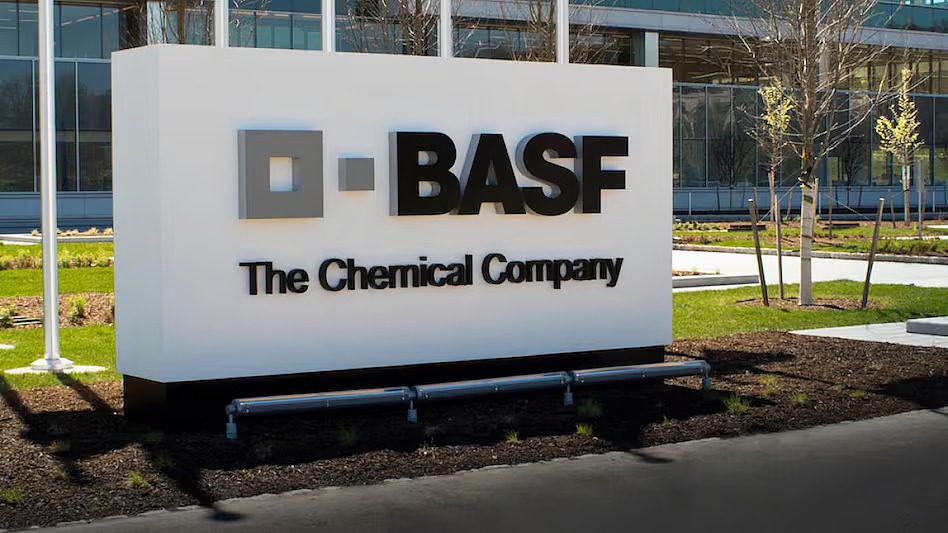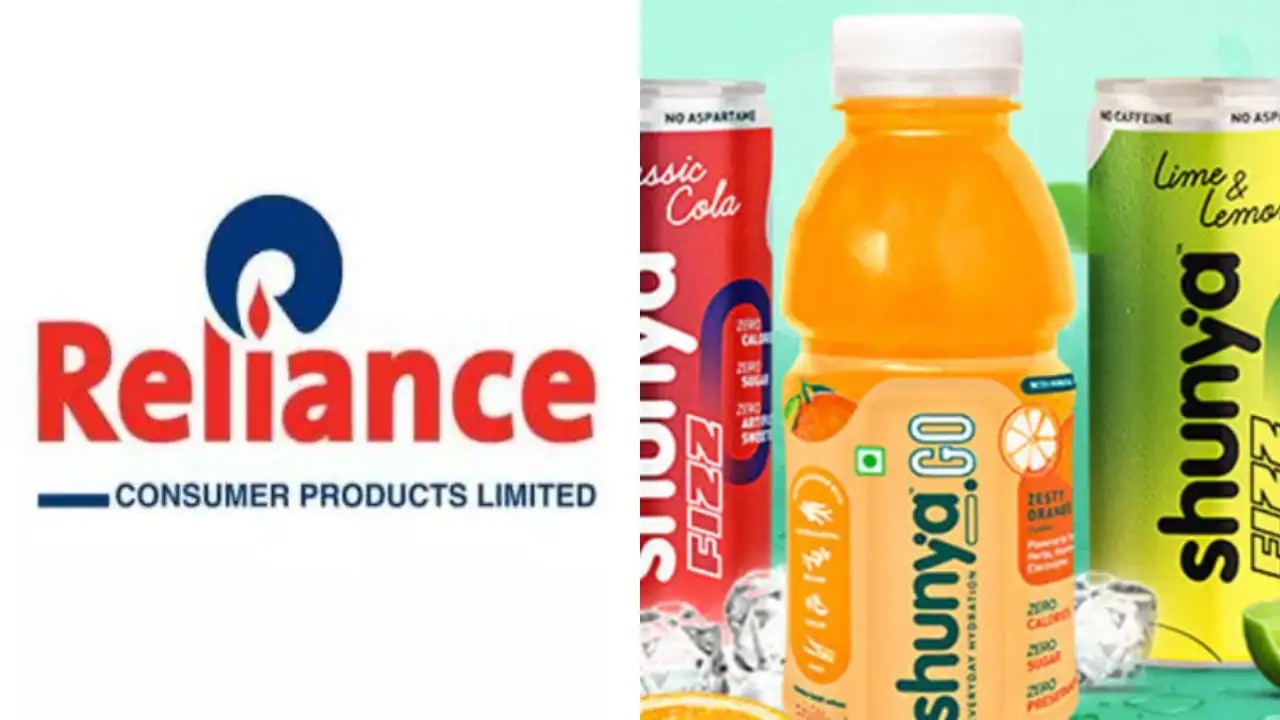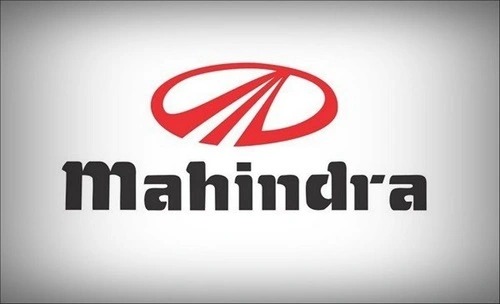
Follow WOWNEWS 24x7 on:

BASF India Ltd has approved the acquisition of equity in Clean Max Amalfi, marking a strategic step toward deepening its commitment to sustainability and renewable energy integration. The move aligns with BASF’s global climate goals and reflects its growing focus on clean energy partnerships within India’s industrial ecosystem.
Key Highlights of the Acquisition
- BASF India will acquire equity in Clean Max Amalfi, a special purpose vehicle (SPV) under Clean Max Enviro Energy Solutions Pvt Ltd
- The investment is aimed at securing renewable energy supply for BASF’s manufacturing operations in India
- The equity stake will enable BASF to source solar and wind power through captive arrangements, reducing dependence on conventional energy
- The transaction is part of BASF’s broader strategy to achieve net-zero emissions by 2050 and meet interim sustainability targets
This acquisition reinforces BASF’s operational shift toward low-carbon manufacturing and energy-efficient production.
Strategic Rationale and Sustainability Impact
- Clean Max Amalfi is one of several SPVs created by Clean Max to facilitate captive renewable energy projects for industrial clients
- BASF’s investment will support the development of hybrid solar-wind farms, tailored to meet its energy demand across multiple sites
- The move is expected to reduce BASF India’s Scope 2 emissions significantly, contributing to its global decarbonization roadmap
- The partnership also enables long-term cost savings through predictable energy pricing and reduced exposure to fossil fuel volatility
By embedding sustainability into its energy sourcing, BASF is positioning itself as a responsible leader in the chemical manufacturing sector.
Operational Integration and Execution Timeline
- The equity acquisition will be followed by power purchase agreements (PPAs) between BASF India and Clean Max Amalfi
- Renewable energy generated by the SPV will be wheeled to BASF’s facilities via open access mechanisms under state electricity regulations
- The project is expected to be commissioned within 12 to 18 months, subject to regulatory approvals and infrastructure readiness
- BASF will monitor energy performance and carbon savings through digital dashboards integrated with its global ESG reporting systems
These steps ensure seamless integration of renewable energy into BASF’s operational framework.
Market Context and Industry Trends
- India’s industrial sector is increasingly adopting captive renewable energy models to meet ESG goals and reduce energy costs
- Clean Max is a leading player in this space, with over 1 GW of installed capacity across solar, wind, and hybrid projects
- BASF joins a growing list of multinational corporations investing in SPVs to secure green energy for their Indian operations
- The move comes amid rising regulatory pressure and investor expectations around climate disclosures and carbon neutrality
This trend reflects a broader shift in corporate energy strategy, where sustainability and profitability converge.
Outlook and Future Plans
- BASF India is expected to explore additional renewable energy partnerships as part of its long-term climate strategy
- The company may replicate the Clean Max model across other manufacturing hubs, including Dahej, Mangalore, and Chennai
- BASF is also investing in process electrification, energy storage, and green hydrogen pilots to further reduce its carbon footprint
- The acquisition of equity in Clean Max Amalfi is likely to be followed by similar transactions in other SPVs, enabling portfolio diversification
These initiatives signal BASF’s intent to lead the transition toward sustainable industrial practices in India.
Conclusion
BASF India’s acquisition of equity in Clean Max Amalfi marks a pivotal moment in its sustainability journey. By securing renewable energy through strategic partnerships, the company is not only reducing its environmental impact but also enhancing operational resilience. As climate goals become central to corporate strategy, BASF’s proactive approach sets a benchmark for the chemical industry and beyond.
Sources: Reuters, Moneycontrol, Business Standard, Finance Saathi, BASF India investor disclosures, Clean Max Enviro Energy Solutions press statements, Economic Times, Investing.com India



